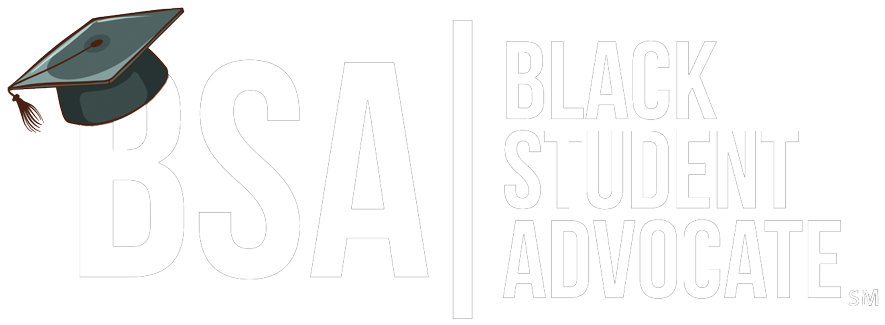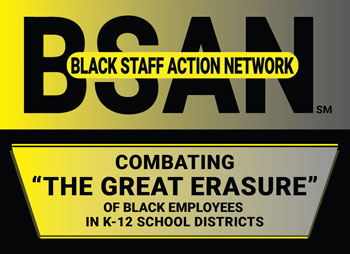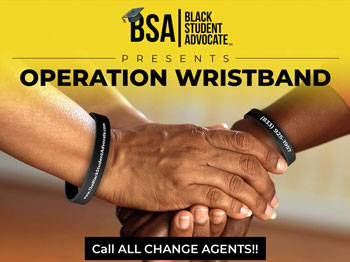Racism in the classroom is a pervasive issue that continues to affect black students. The Black Student Advocate Network is a resource designed to address this problem head-on and provide support to those who need it most. This guide aims to deepen our understanding of the various forms of racism that exist in educational settings and offers strategies for advocating for racial equity and justice. By shedding light on these issues and empowering individuals to take action, we can work towards creating inclusive and safe learning environments for all students.
Understanding Racism in the Classroom
Racism in the classroom is an issue that has persisted for many years, and it continues to have a significant impact on black students. It is essential to understand the various forms of racism that exist in educational settings to address the problem head-on and provide support to those who need it the most. This guide aims to deepen our understanding of racism in the classroom by shedding light on the different types of racism and providing strategies for advocating for racial equity and justice.
Forms of Racism in Educational Settings
Racism in educational settings can take many forms, including:
1. Implicit Bias – This is the unconscious, automatic association of stereotypes with particular groups of people. Implicit bias can affect the way teachers perceive and interact with students, leading to differential treatment based on race, gender, or other characteristics.
2. Microaggressions – These are subtle but harmful expressions of bias that are often unintentional. Microaggressions can include comments, gestures, or actions that communicate harmful messages about a person’s race, gender, or other characteristics.
3. Institutional Racism – This refers to educational institutions’ policies, practices, and procedures that perpetuate racial inequality. Examples of institutional racism can include the disproportionate discipline of black students or the underfunding of schools in low-income areas with high populations of black students.
Strategies for Advocating for Racial Equity and Justice
1. Educate Yourself – It is essential to educate yourself on the different forms of racism in educational settings. This can include reading books, attending workshops, or participating in training programs.
2. Speak Up – When you witness racism in the classroom, it is essential to speak up. This can include addressing microaggressions or advocating for institutional policies and practice changes.
3. Support Black Students – Supporting black students can take many forms, including mentoring, providing resources, or creating safe spaces for them to express themselves.
4. Advocate for Change – Advocating for change can involve working with other stakeholders, such as parents, teachers, and administrators, to address issues of racial inequality in educational settings.
5. Hold Institutions Accountable – Holding institutions accountable can involve filing complaints, organizing protests, or working with advocacy groups to demand changes in policies and practices.
Conclusion
The Black Student Advocate Network is an invaluable resource for understanding and addressing racism in the classroom. This comprehensive guide provides educators with the knowledge, strategies, and tools necessary to create an inclusive and equitable learning environment. By utilizing the information in this guide, educators and administrators can actively work towards dismantling systemic barriers and promoting racial justice in the education system. Together, we can create a more inclusive future for all students.







Share This Page